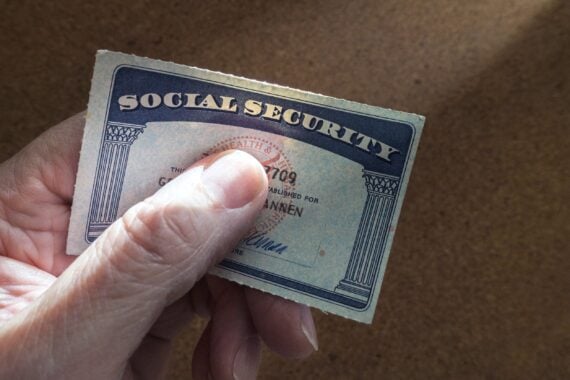Your Social Security number is an all-purpose skeleton key for your personal data, but that doesn’t mean it should be. There were more than 1 million reports of identity theft through the Federal Trade Commission’s IdentityTheft.gov website in 2023. As such, Adam Levin, founder of online security firm CyberScout (now part of Transunion), says everyone should act as if some of their information has already been compromised. With Levin’s help, we’ve found a few everyday situations where consumers shouldn’t divulge their Social Security numbers.
Related: How to Spot IRS Fraud and Other Big Phone Scams So You Don’t Get Fleeced
Filling Out Paperwork at Your Doctor’s Office

Levin says medical and dental offices that are still transferring their records to digital databases will occasionally ask for Social Security numbers. However, with even health insurance companies now taking patients’ numbers off of insurance cards, the argument for including them in patients’ records is weak.
“For better or worse, you are the gatekeeper,” says Levin. “The person most responsible for shielding your Social Security number is you. Therefore, your mission is to limit, as best you can, the universe of those who gain access to it.”
Related: Identity Theft Horror Stories
Shopping Online

There is no need for a retailer to take your Social Security number to complete a sale. A 2014 survey found that 14% of consumers gave out their identifying numbers to an online retailer. Folks should be cognizant that popular companies like Home Depot, Target, and Walmart have coughed up data from millions of consumers during data breaches. “If the entity asks for any information out of the norm like an address or Social Security number to buy something, challenge them and ask why,” Levin says.
For more smart money tips, please sign up for our free newsletters.
Filling Out Job Applications
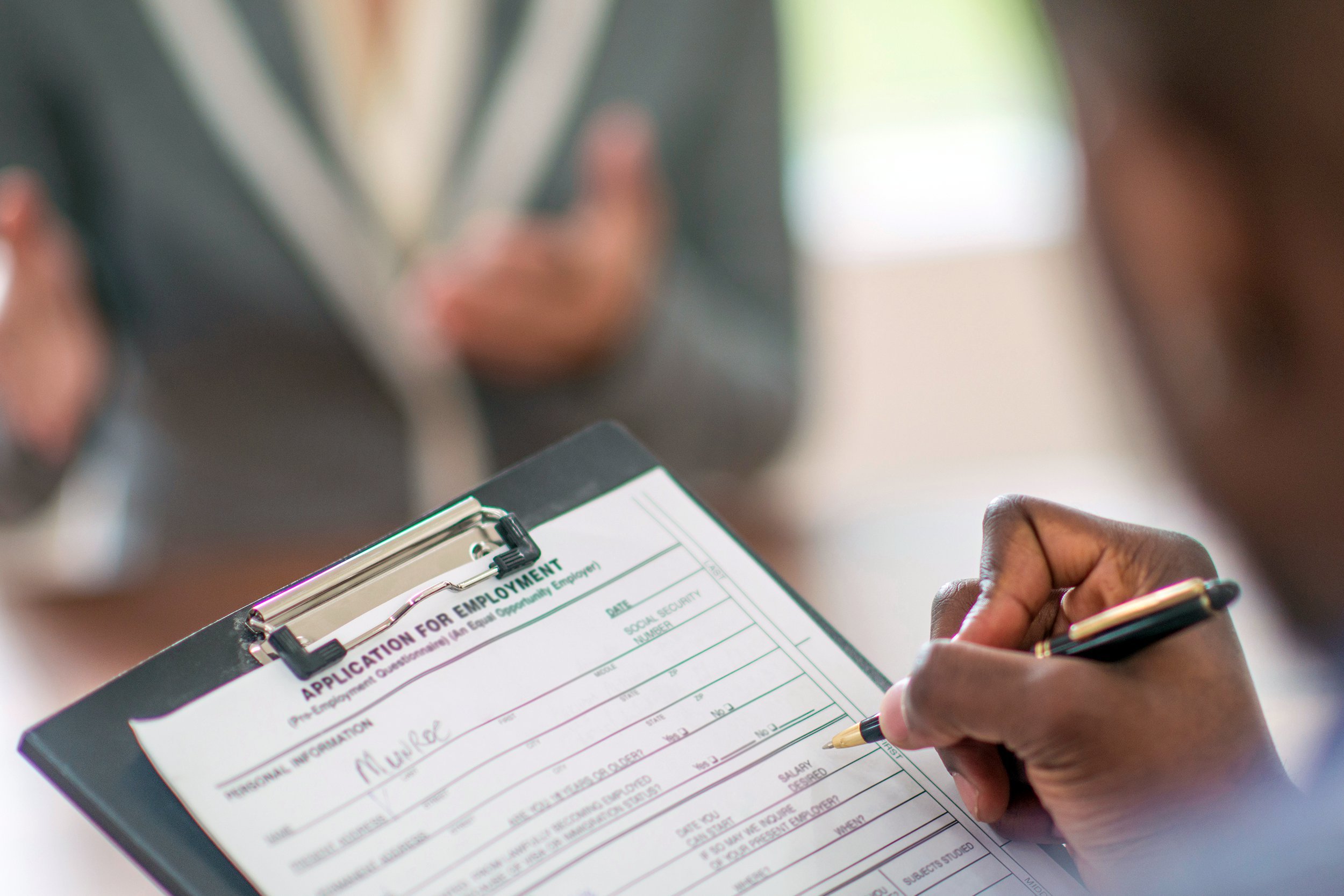
There are other ways for a potential employer to identify you for background checks and other purposes without obtaining your Social Security number, including your Employer Identification Number from the Internal Revenue Service or even a current utility bill. That doesn’t prevent many from trying, with the Social Security Administration’s (SSA) blessing, no less. According to the SSA, “businesses, banks, schools, private agencies, etc., are free to request someone’s number and use it for any purpose that does not violate a federal or state law.”
Signing Up for Loyalty Programs

Levin specifically pointed out loyalty programs as being a problem in regard to Social Security numbers. There is no weekly discount or free birthday gift a retailer can offer that is more valuable than your Social Security information. “If they call claiming to be a store and say they need your Social Security number, hang up,” he says.
Giving Personal Info to Pharmacies

Even pharmacies aren’t guaranteed to be safe gatekeepers with your personal info. Supervalu markets were hacked twice in 2014. Fred’s pharmacy was hacked in 2015, while a system malfunction exposed Walmart pharmacy customers’ information in 2016. In 2021, CVS Health and CVS.com saw a massive data breach regarding 1 billion search records.
Trending on Cheapism
Applying to Schools
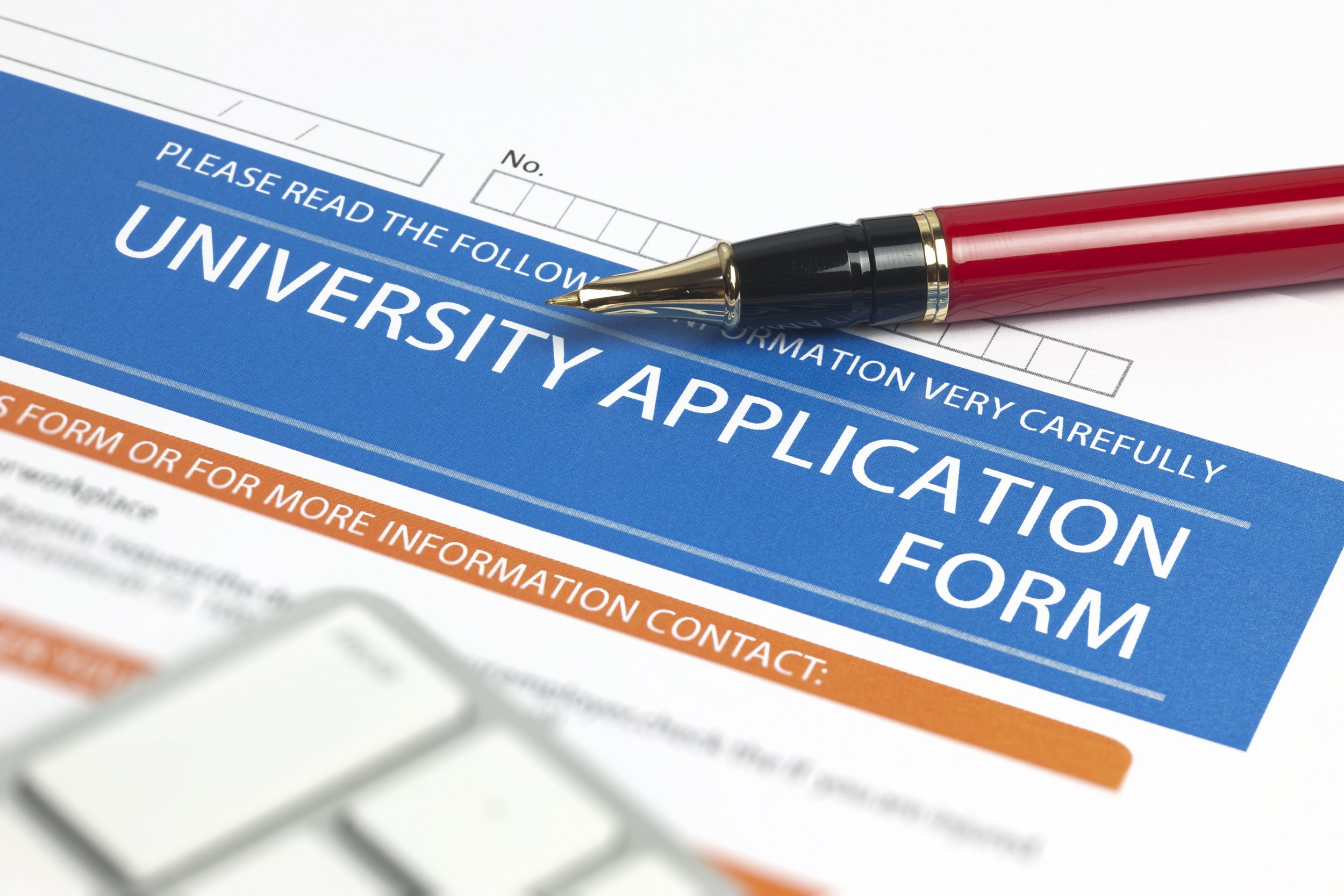
If big-name schools like Georgia Tech and Washington State can let personal information slip, then it seems this can happen at any major school. Levin suggests that elementary school and high school parents and even students applying to college either leave the Social Security Number space on applications blank or look for alternatives like other forms of identification.
Joining Health Clubs

As anyone who’s signed up for health and fitness clubs for their New Year’s offers knows all too well, these places already take credit card information and, at times, bank account information. This is already a lot of data to give — and Social Security numbers shouldn’t be tacked onto that.
Signing Up for Children’s Camps

Levin notes that the Social Security number typically only appears as a space on an application. He also notes that you are well within your rights to leave that space blank. In the case of children’s camps, Levin says parents should always leave the Social Security number space blank or, if pressed, offer a birth certificate, driver’s license or other forms of identification instead. “There are other identifiers, such as a driver’s license or account number, that maybe used instead,” Levin says. “Fight to use them.”
Sign up for our newsletter
Donating to Charities
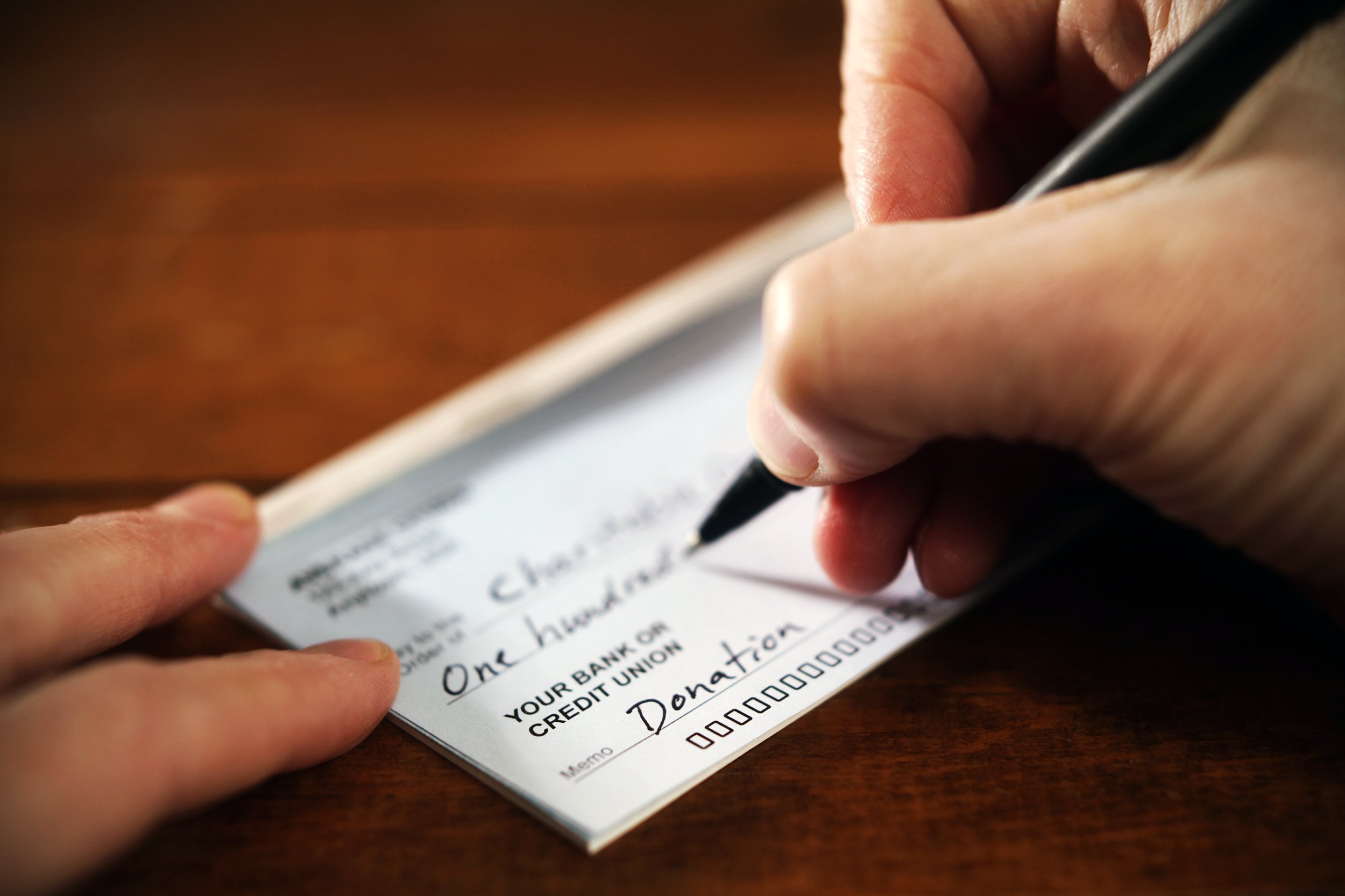
Levin says that if you’re contacted by a charity that you didn’t initiate contact with, and they ask for your Social Security number, it’s likely a scam. While the Internal Revenue Service may want a word with you if you report making an abnormally large charitable donation, no charity needs your Social Security number to accept such a donation.
Airline Ticketing and Joining Frequent Flyer Programs
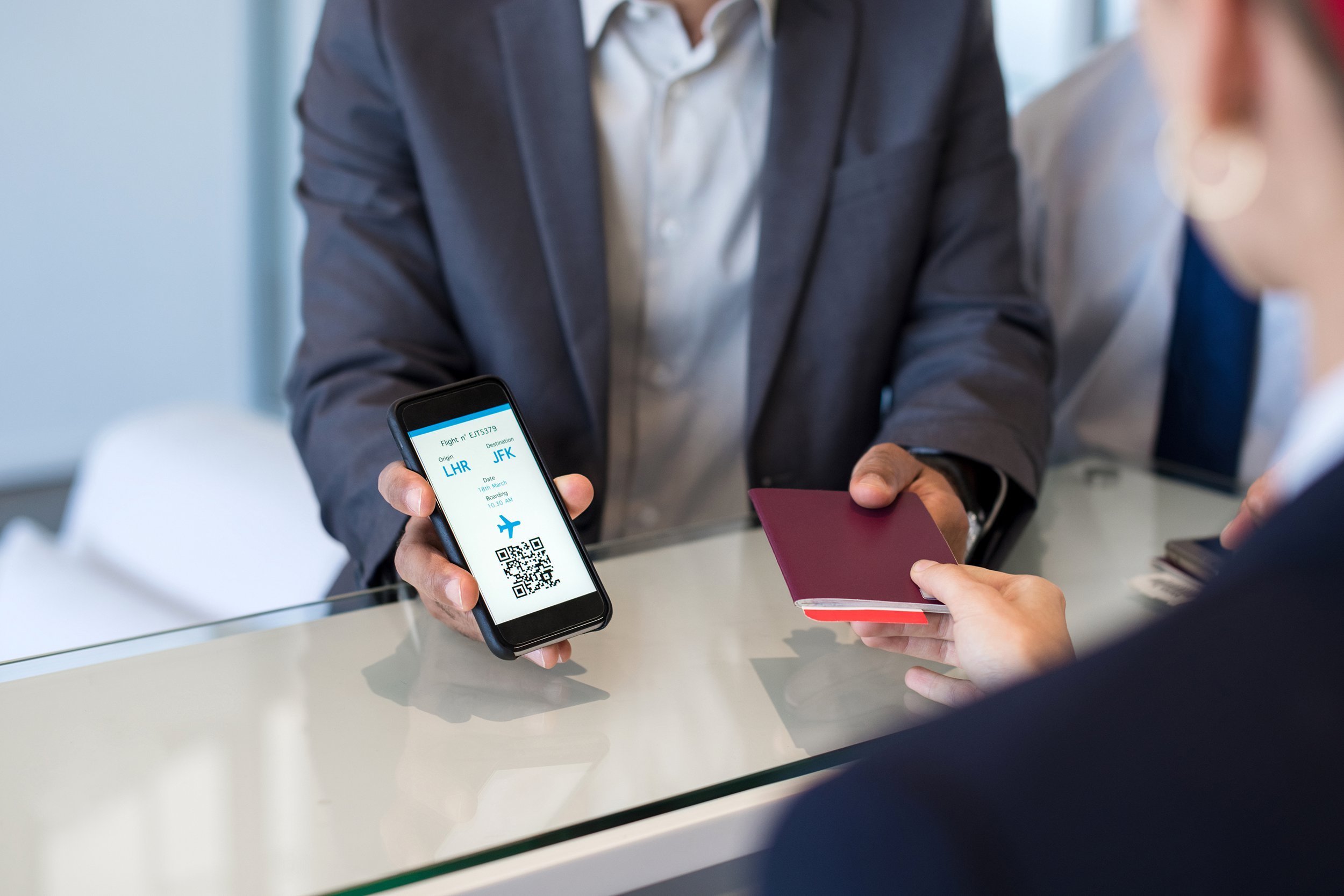
You aren’t being granted a license to fly: You’re being given a ticket and, perhaps, some rewards points. If an airline wants confirmation of your identity, a passport or a copy of your birth certificate should suffice. A Social Security number shouldn’t be required for cocktails in the captain’s lounge.
Sending Out Snail Mail
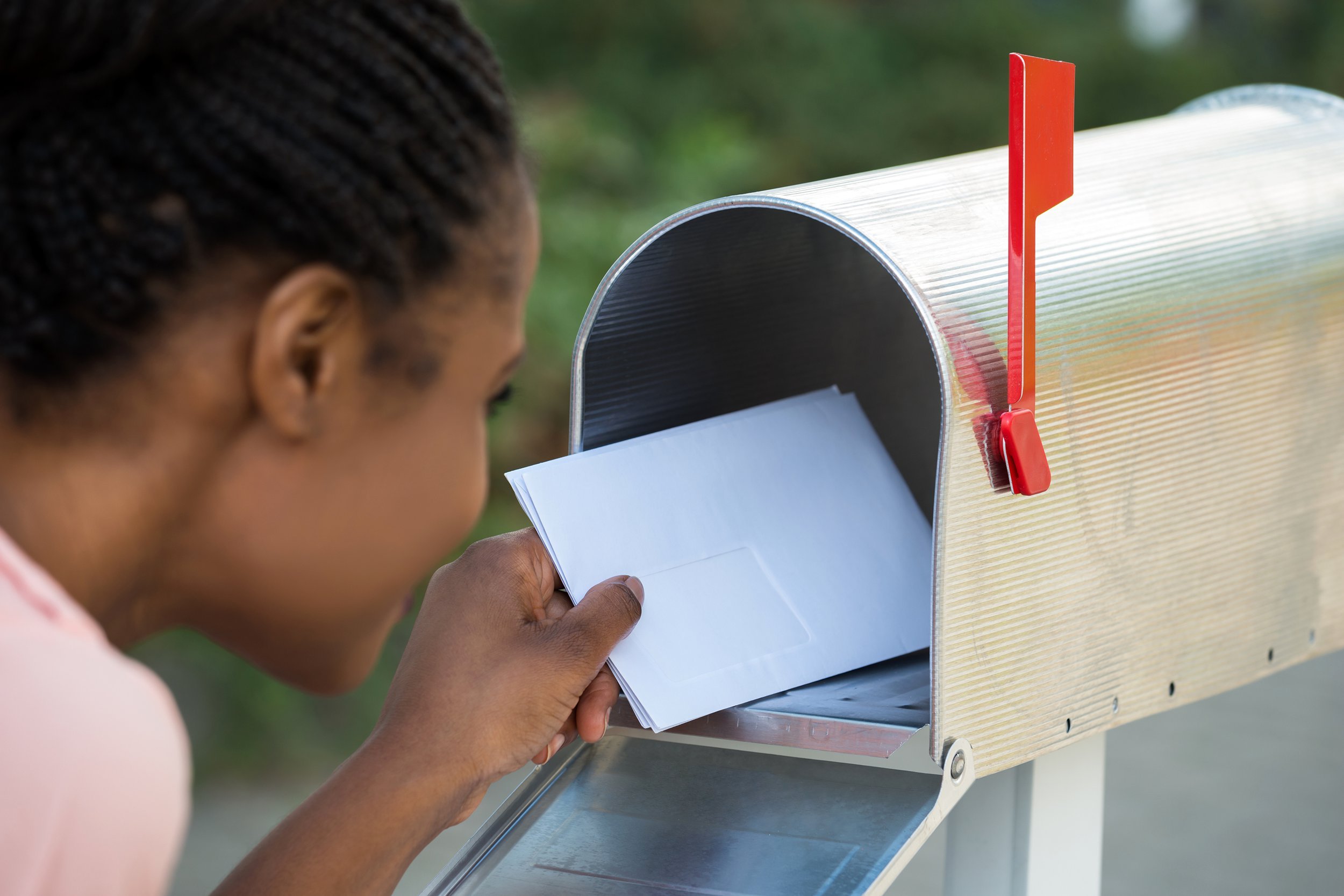
It’s bad enough that the Social Security Administration itself sent out more than 200 million notices in 2015 with people’s full Social Security numbers on them. Levin says that, in most cases, you shouldn’t mail out your Social Security number yourself. The U.S. Postal Inspection Service suggests immediately shredding any mail you receive with your Social Security number on it.
Using Email

Email giants aren’t safe holders of personal data, either. Yahoo was at the center of one of the biggest data breaches of all time. AOL exposed customer information at least three times — through hacking in 2004, by accident in 2006, and through yet another hack in 2014. It divulged 113 million personal records as a result. Gmail is no stranger to data woes, either. Email accounts are routinely invaded and prowled for sensitive info. Remember, an inbox is no place for your Social Security Number.
